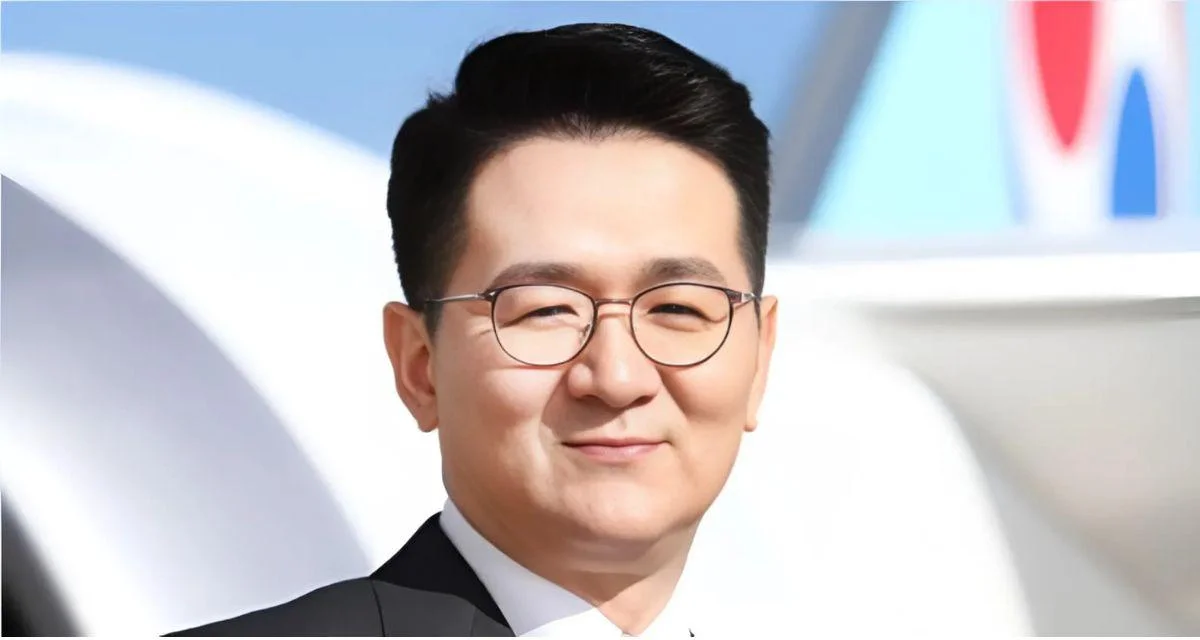When asked if political pressure from the Trump administration influenced the decision, evidence suggests that it did play a role. Since early this year, multiple countries involved in trade talks with Washington have announced major Boeing purchases. The timing of these deals often coincided with diplomatic meetings or trade negotiations involving President Trump’s administration.
For example, IAG placed orders for new jets shortly after US–UK trade discussions; Saudi Arabia’s AviLease agreed to buy additional Boeing planes during Trump’s Middle East visits; Qatar Airways made commitments for widebodies; Etihad expanded its own order book; Bahrain linked its jet purchase to a larger investment package; Indonesia secured aircraft as part of tariff reduction agreements; and Japan committed to buying Boeing jets within a broader investment framework.
Korean Air’s deal followed this pattern—the signing took place at the Korea-US Business Roundtable underlining partnership themes between both nations’ manufacturing sectors. Seoul’s trade ministry confirmed that this order was among several agreements reached at that event. Boeing stated that “the purchase would support 135,000 jobs in the United States,” echoing administration messaging about American industry.
However, analysts say market realities also shaped Korean Air's decision. Michael Boyd of Boyd Group International noted that airlines have limited choices due to Airbus' full production schedule: “Let's keep in mind there's one word out there called Airbus. Their dance card is full. [Korean Air] knows that.” He added that other carriers—Indonesia, Korea itself—have opted for Boeing because capacity at Airbus is sold out through at least 2030.
Boeing continues facing hurdles related to certification for some ordered models like the 777X variants (including -9 and -8 Freighter) and the yet-to-be-approved MAX 10 variant. Certification setbacks mean first deliveries may not occur until at least 2026 for these types.
Despite ongoing uncertainty regarding certification timelines and supply chain pressures across aviation manufacturing more broadly—factors leading analysts to warn of possible delivery delays—Korean Air remains confident about its partnership with Boeing as it seeks fleet renewal and integration with Asiana Airlines.
Stephanie Pope, President and CEO of Boeing Commercial Airplanes said: “As Korean Air transitions to a larger unified carrier, we are committed to supporting the airline's growth with one of the world's most efficient fleets.”
Roughly eighty percent of Korean Air's new order will replace older planes rather than expand overall numbers significantly—a move intended both for efficiency gains and operational consolidation as it merges operations with Asiana Airlines.
Currently operating around 165 aircraft from both Airbus and Boeing according to ch-aviation data—including ten A220-300s, sixteen A321neos, eighteen A330-300s alongside various Boeings—the airline expects its total outstanding orders from Boeing alone will reach about one hundred seventy-five once all deals are finalized.
 Alerts Sign-up
Alerts Sign-up




































